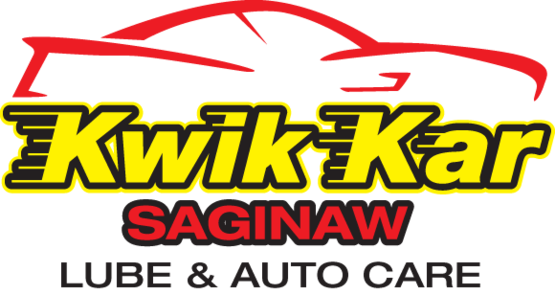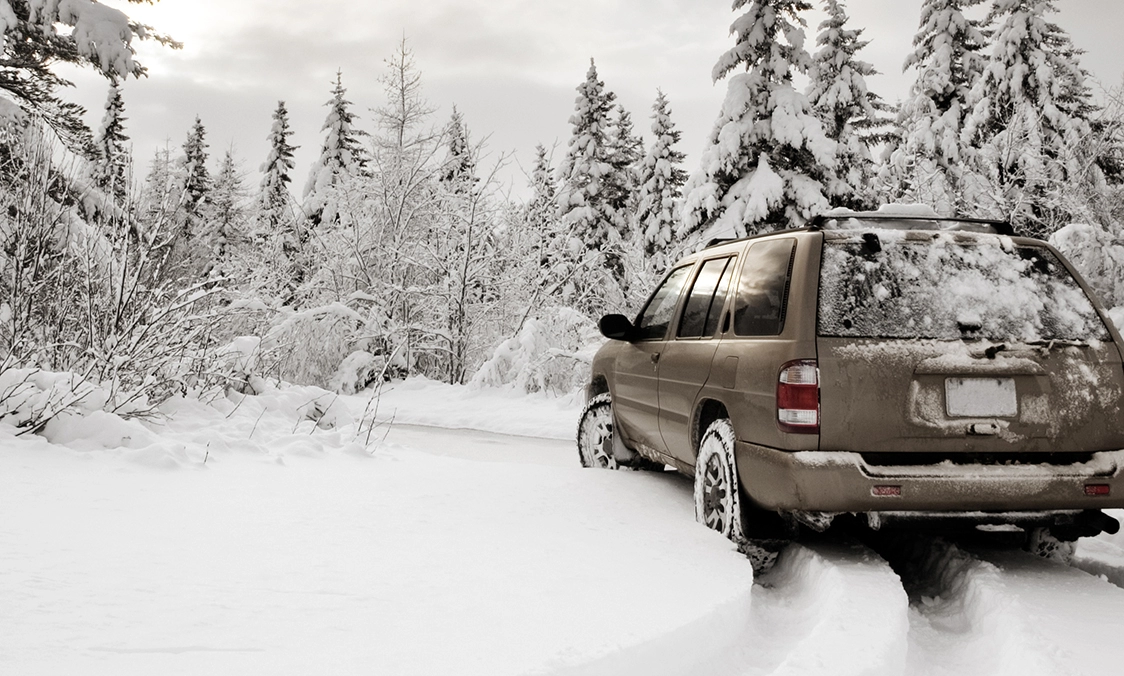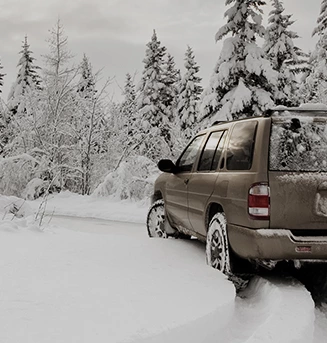Regular Schedule or Severe Service Schedule at Kwik Kar Saginaw?
February 9, 2025
Today's Kwik Kar Saginaw article focuses on severe service maintenance. Many Saginaw drivers are not aware of them and yet there are also very vocal advocates in TX who think that severe service schedules apply to everyone. Somewhere between a complete lack of awareness and the dire blanket statements lies a reasonable approach to severe service maintenance at Kwik Kar Saginaw.
To back up a little, vehicle owner's manuals have schedules for preventive maintenance: things like oil changes, transmission service and so on. They say you should change your oil after a certain distanced traveled or after so many months. Saginaw drivers understand this very well. What they may not know is that there are actually two service schedules: the regular schedule and the severe service schedule. The mileage and time intervals are lower on the severe service schedule.
Now when you hear 'severe service,' you may think it doesn't apply to you because you don't feel your driving conditions are severe or extreme – it's just normal everyday driving in the Saginaw area. So let's list some of the conditions that classify as severe so that you can make the judgment on your own driving.
Before we start the list, here's a point of contrast that definitely is not severe driving. Driving down your nearest TX interstate at the highway speed limit on a 75 degree F/24 degree C day loaded only with your passengers. This is an easy trip for your vehicle: your engine is loafing along at low RPMs, no heavy loads to pull and moderate Saginaw temperatures. Now let's look at some severe service driving conditions.
Most trips around Saginaw are less than four miles/six and a half kilometers. When your vehicle engine cools down, moisture condenses in the engine. This water in the oil doesn't get a chance to evaporate on short trips because the oil doesn't get hot enough. A lot of short trips in your vehicle means a lot of water build up. And water in the oil leads to the creation of sludge which can damage the engine. Changing the oil more frequently keeps sludge from building up. By contrast, highway driving warms the engine up and gets the water burned off.
Here's another example. Most trips around Saginaw are less than 10 miles/16 km and outside temperatures are below freezing. This is the same reasoning, but in very cold TX weather it takes even longer for the oil to get hot enough to evaporate the water, hence 10 miles/16 km as opposed to 4 miles/6.4 km.
Next, you drive in very hot TX weather. The hotter it is outside, the more cooling the engine, transmission, brake fluid and so on becomes. The environment in which the fluids reside is more hostile, and the fluids simply break down faster. Therefore, the lower change interval.
Another: driving at low speed most of the time. Every vehicle engine has what's called its power band. This is a range of RPMs in which it's most efficient. Low speed driving doesn't keep the engine in its power band so it's working harder. This is one of the reasons that ratings are worse in downtown than on the highway.
Stop and go driving in Saginaw is another severe service condition. You're always accelerating, which works the vehicle engine and transmission harder. Then you're stopping, which works the brake fluid harder, causing it to get very hot. Highway driving, on the other hand, requires far less horsepower to maintain its speed than getting a stationary vehicle from a stop light up to 25 mph/40 kph. A lot of this and you'll need to follow the severe service schedule.
Also on the list is operating your vehicle in dusty, polluted or muddy conditions. Obviously, your engine air filter and cabin air will get dirty faster and need to be changed more frequently as will your breather element. Some of this dust and dirt will make its way into your fluids. They will simple get dirty faster and won't protect the components as well as fresh fluids.
Finally, you're driving under severe conditions in Saginaw when you tow a trailer, regularly carry heavy loads or carry a car-top carrier. This is pretty obvious. You'll spend more time in lower gears so the engine and transmission work much harder and create more heat. Brakes will be more stressed stopping the heavier loads.
Sounds like most of us in Saginaw operate under severe driving conditions at least some of the time. How can Saginaw drivers know which schedule to follow?
Think of it as a spectrum with "always driving under severe conditions" on one end and "never driving under severe conditions" on the other end. Some will be at one extreme or the other, but most of us will fall somewhere in between.
Carefully think about your driving conditions and decide if you should do your preventive maintenance closer to the severe service recommendation or the regular recommendation. Of course, your Kwik Kar Saginaw service advisor can help you with your decision.
Kwik Kar Saginaw
1216 S. Blue Mound Rd.
Saginaw, TX 76131
817-231-1700
http://www.kwikkarsaginaw.com
Need Service?
More articles from Kwik Kar Saginaw

Cabin Air Filter and Engine Air Filter: What?s the Difference?
February 1, 2026
You may have heard someone say they just got the air filter replaced in their vehicle. But did you know your vehicle has two different major air filters and they both perform quite differentbut very importantduties? Todays vehicles have a cabin air filter, and an engine air filter. The engine a... More

Breathe New Life into Your Engine (MAF sensor replacement)
January 25, 2026
If youve noticed your vehicle is hard to start, stalling, or has lost power, the culprit may be a part with an odd name: the MAF sensor. You may have never even heard of a MAF sensor, but its important that it be working correctly, or you may be experiencing some fairly significant engine issues... More

Wasteful Thinking
January 18, 2026
With the weather getting colder, you might be tempted to start your vehicle up, let it idle for 15 or 20 minutes and then get in the nice, cozy cabin. Some vehicles offer remote starting that let you do that from the comfort of your home or apartment. But is letting your vehicle idle like that ... More










